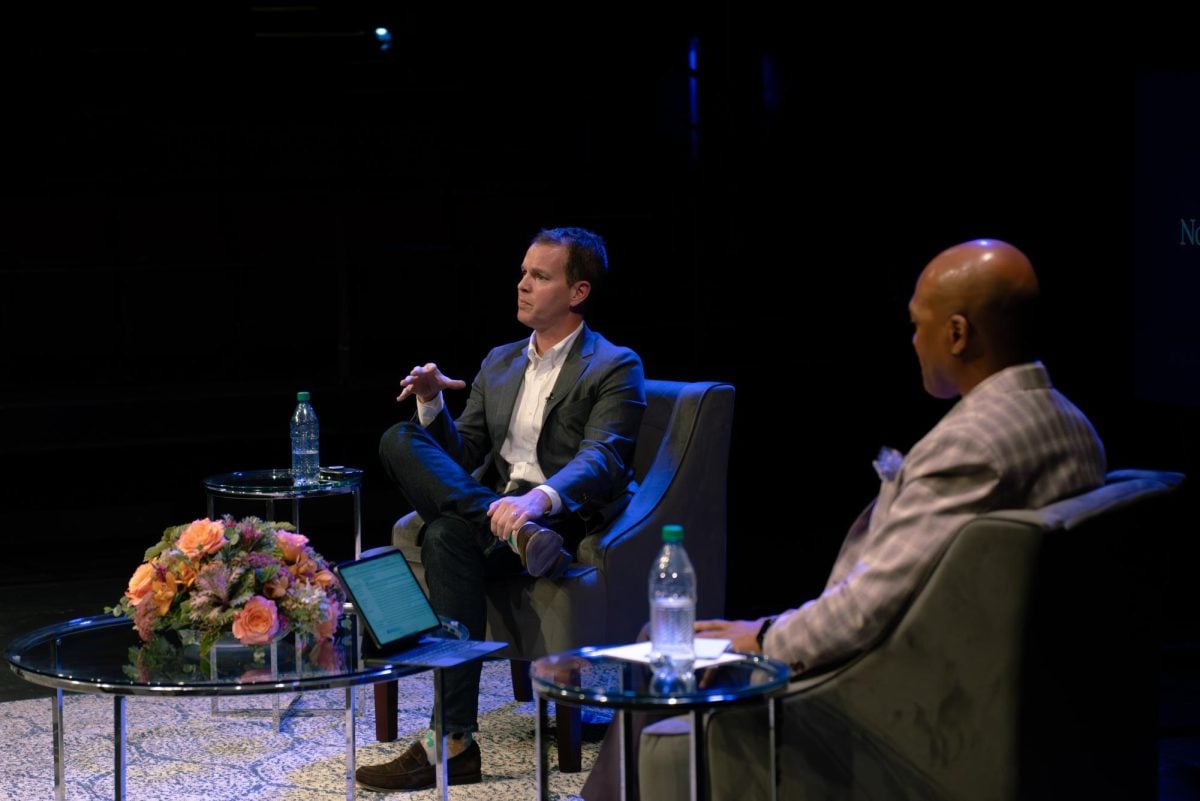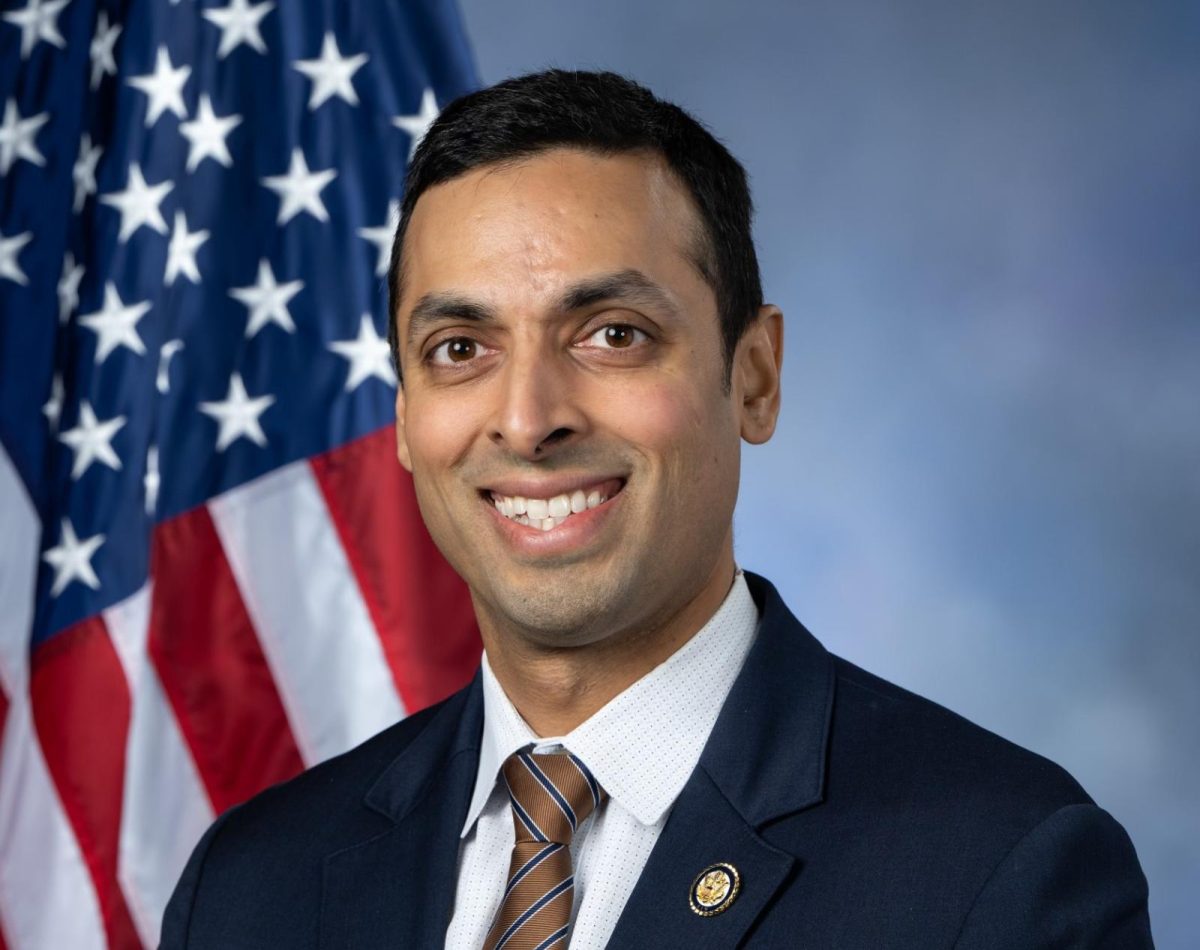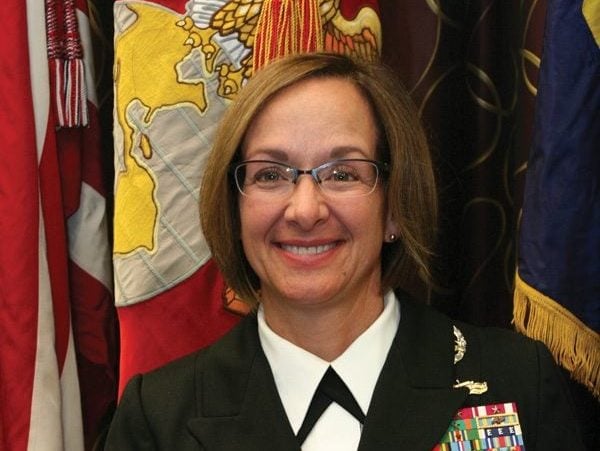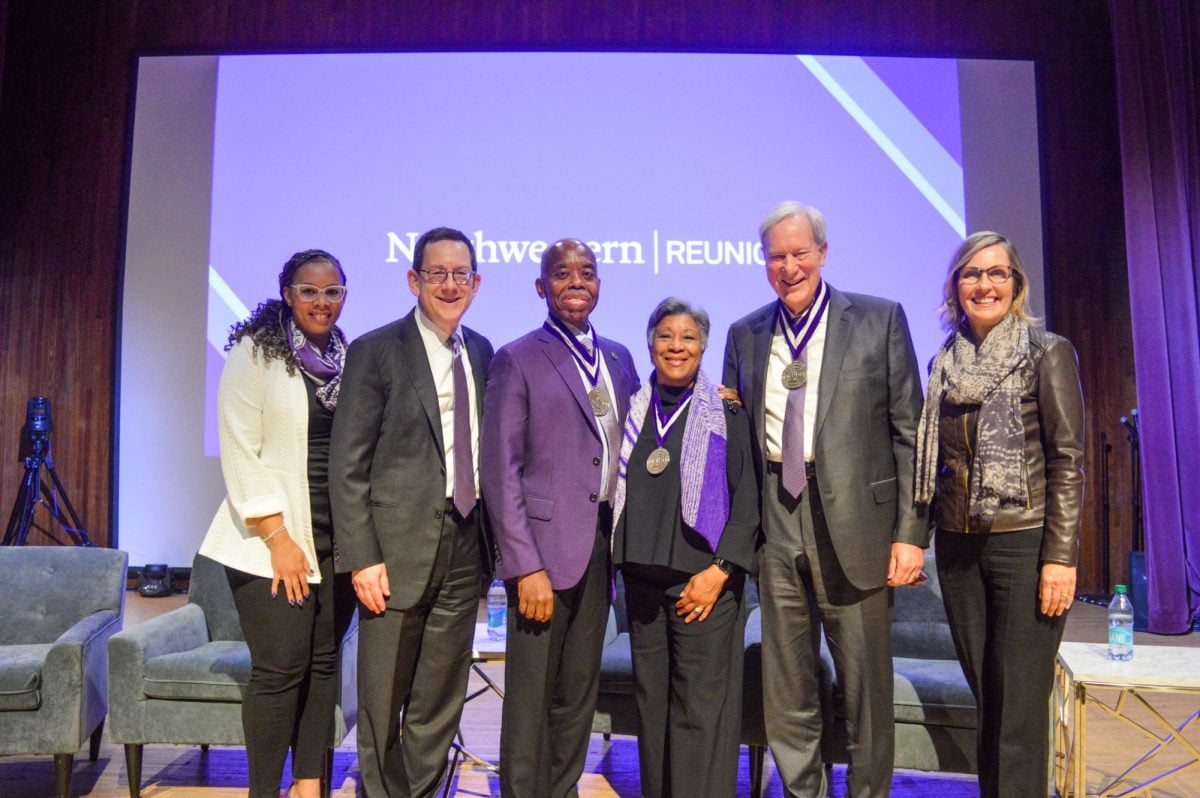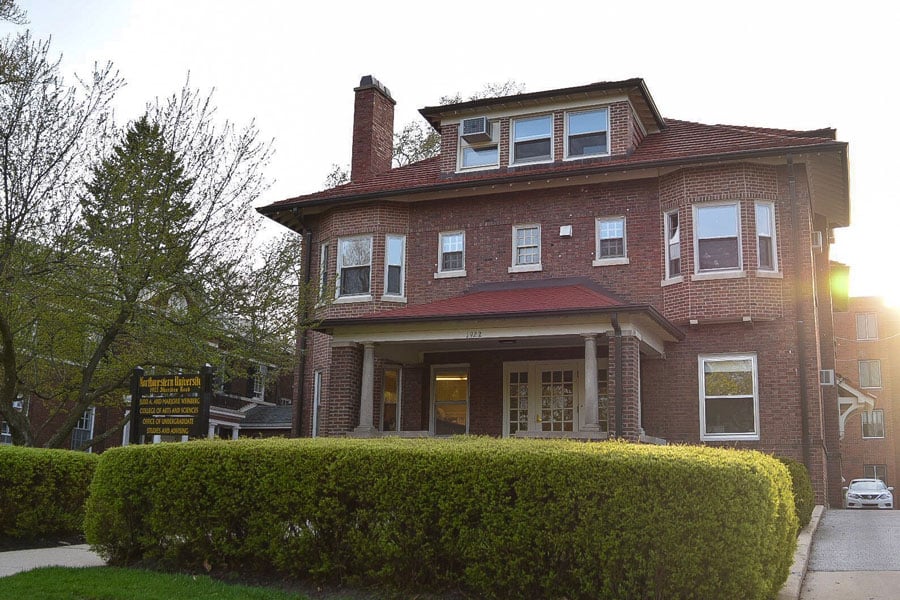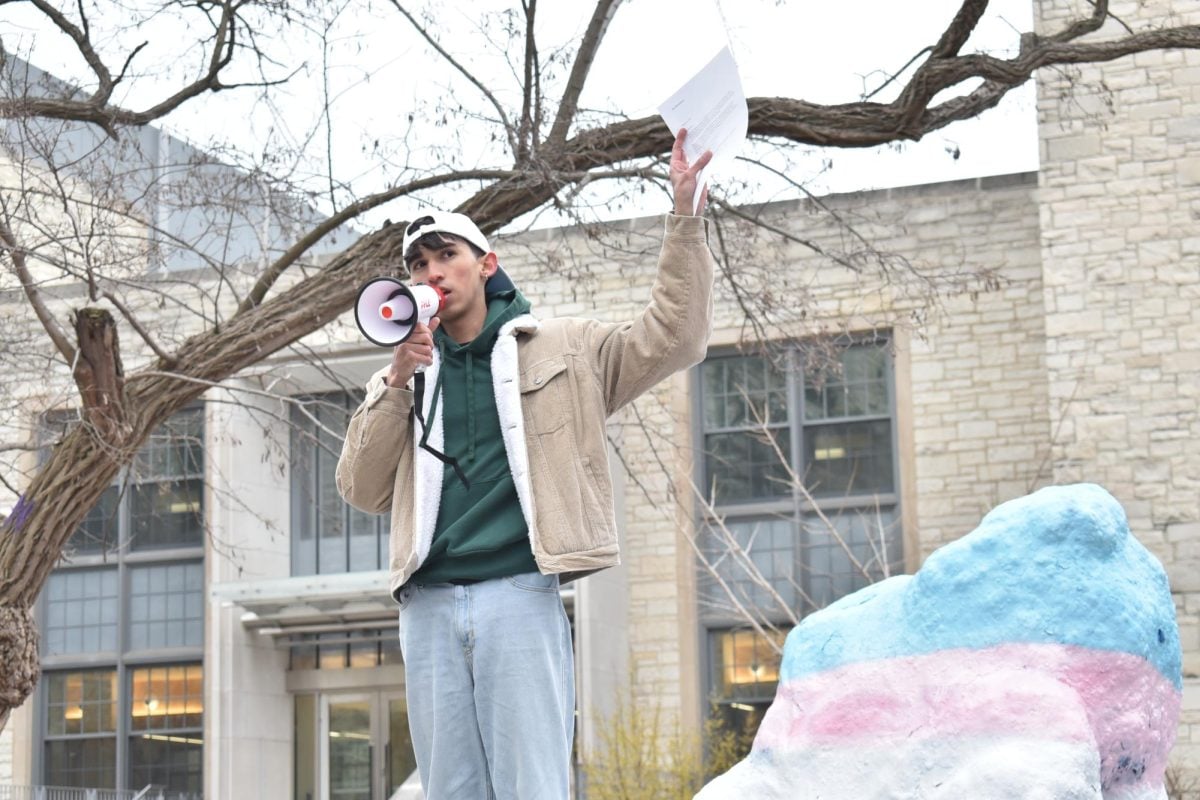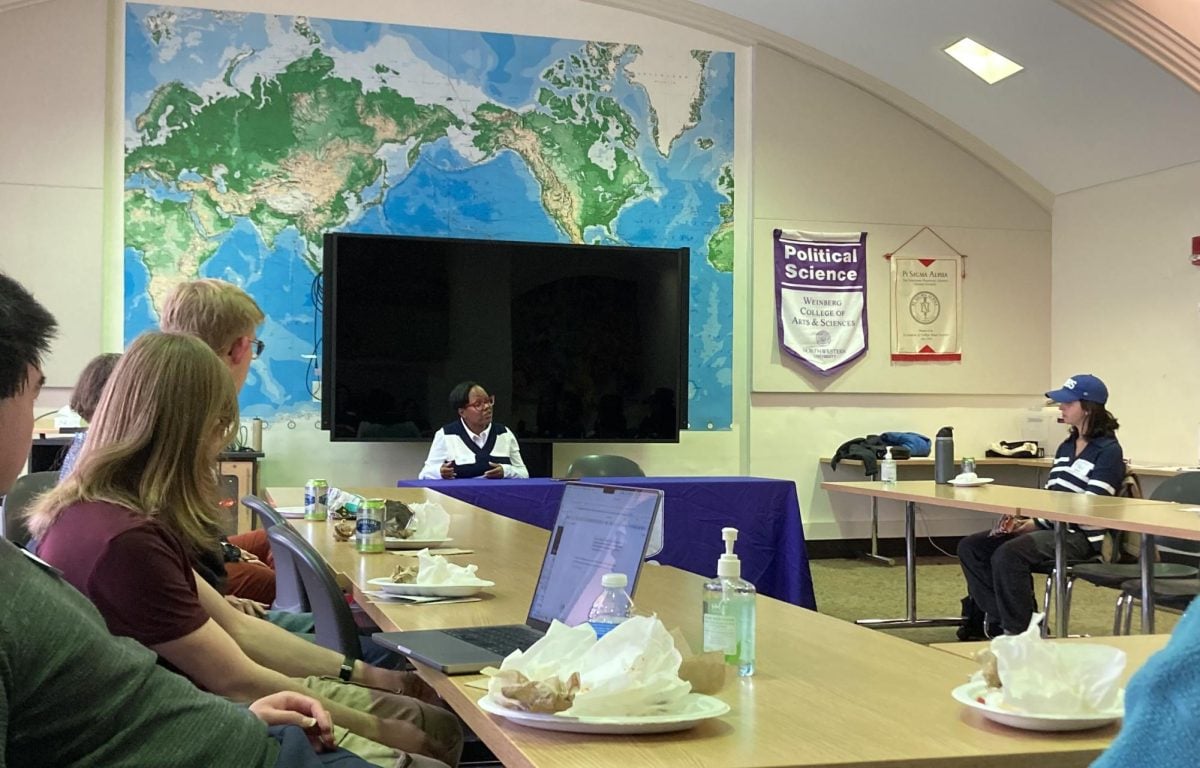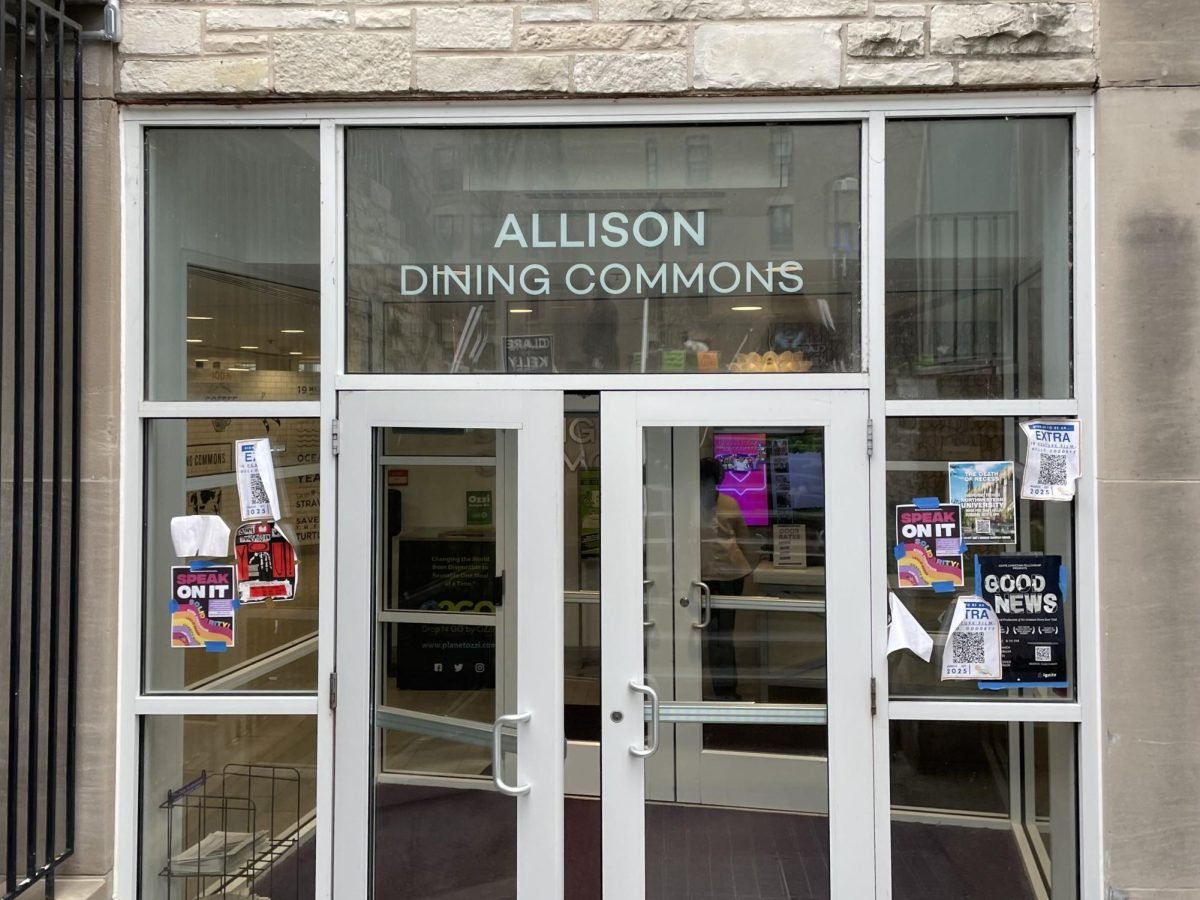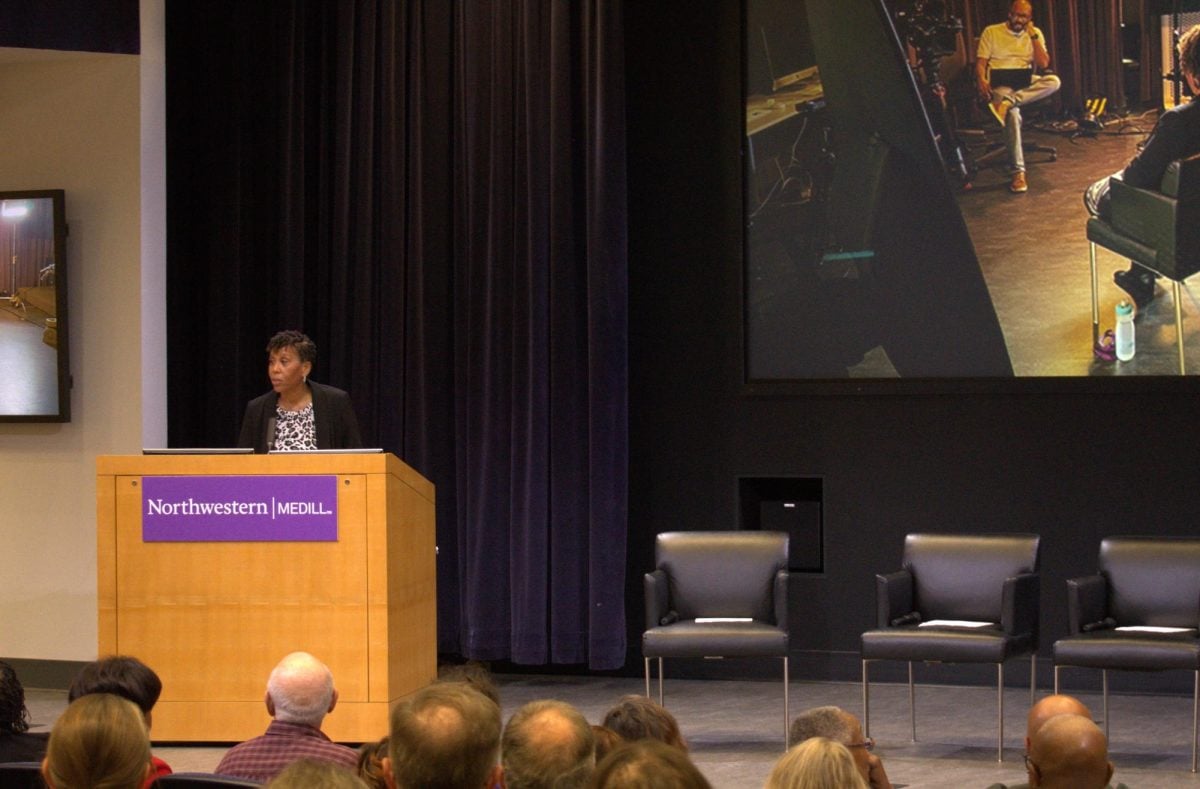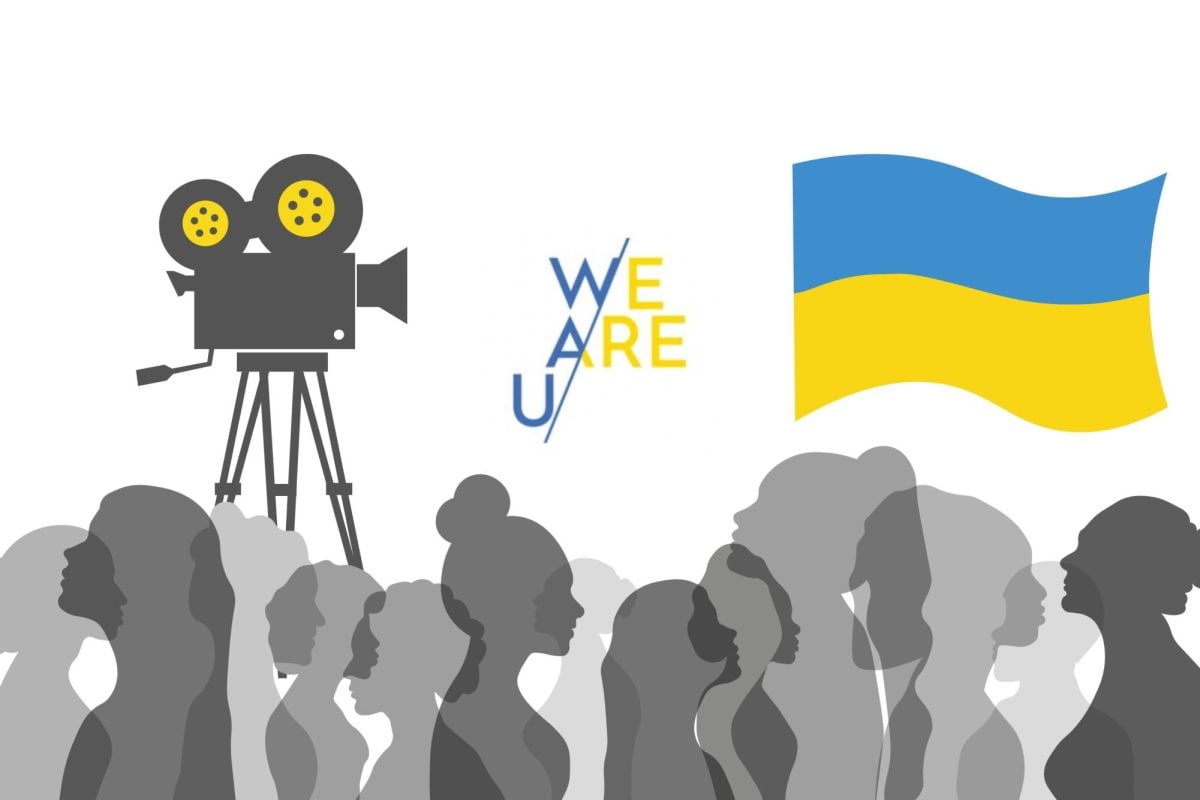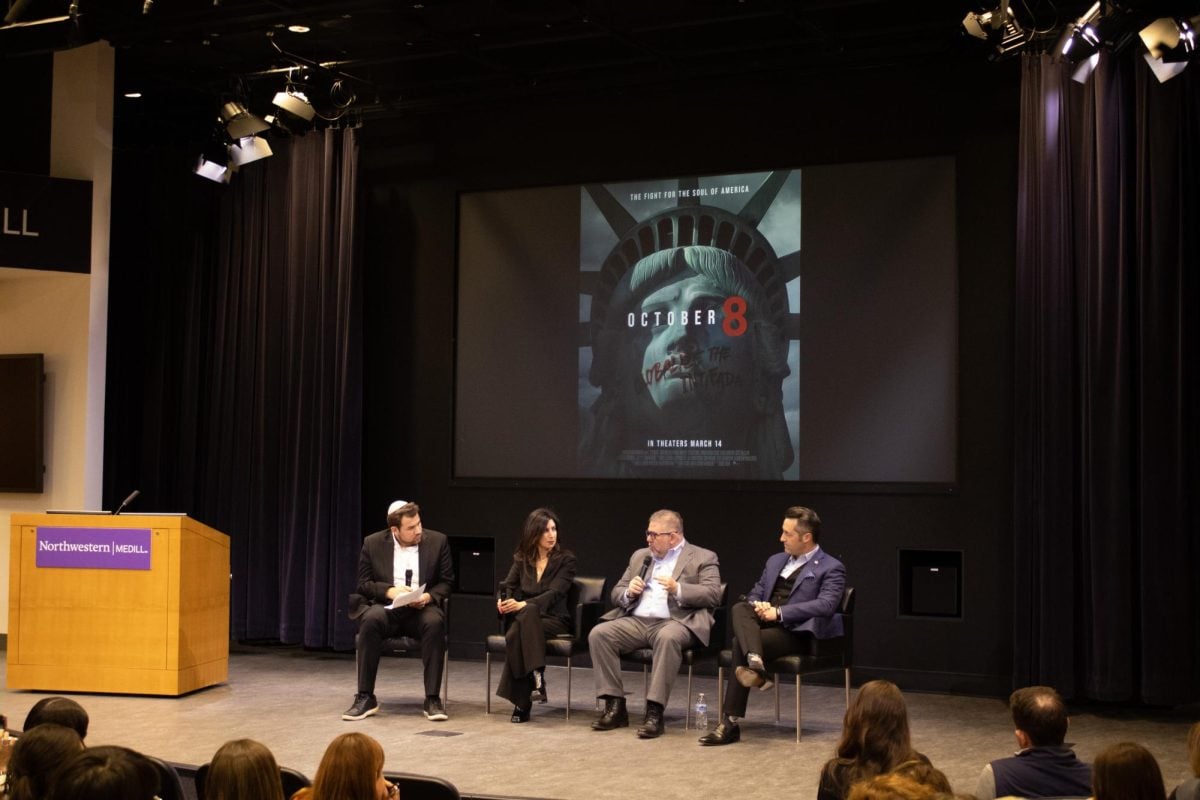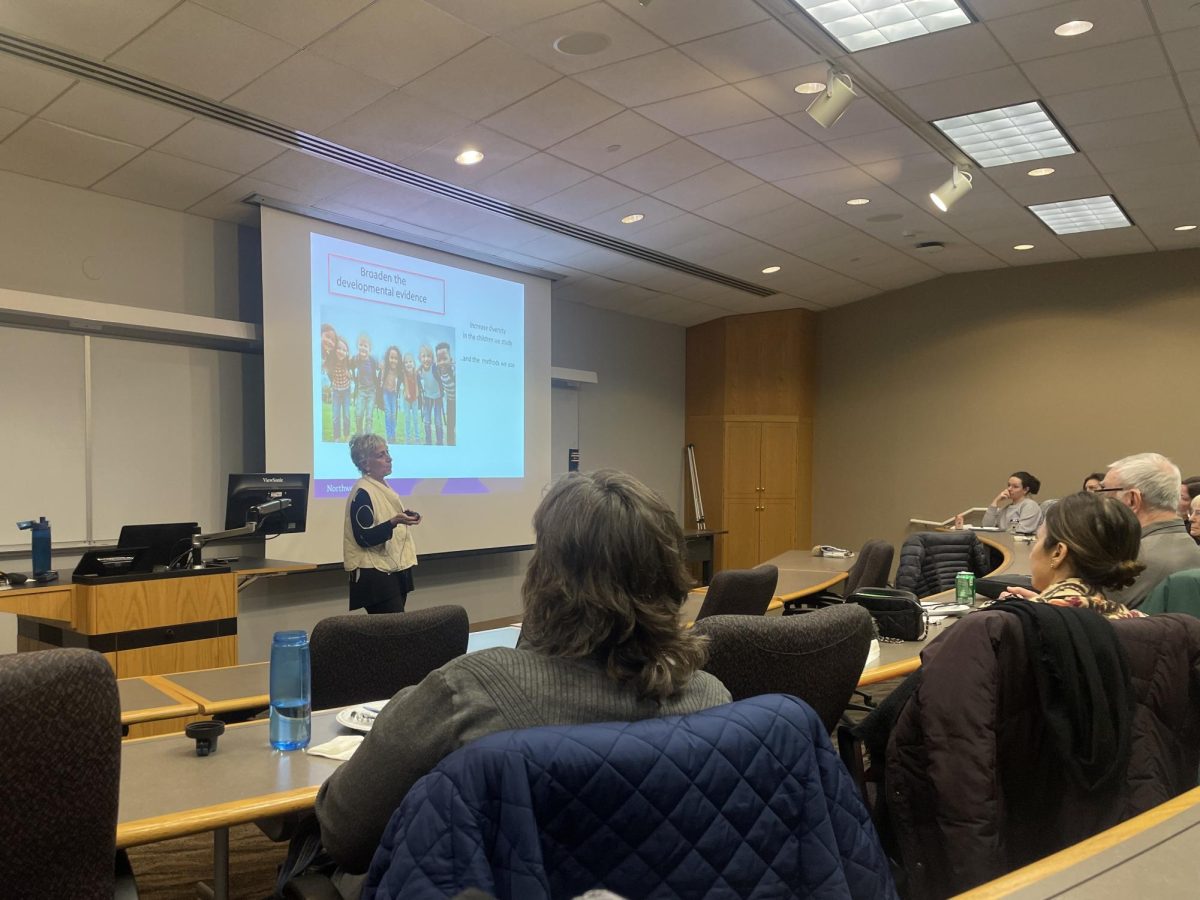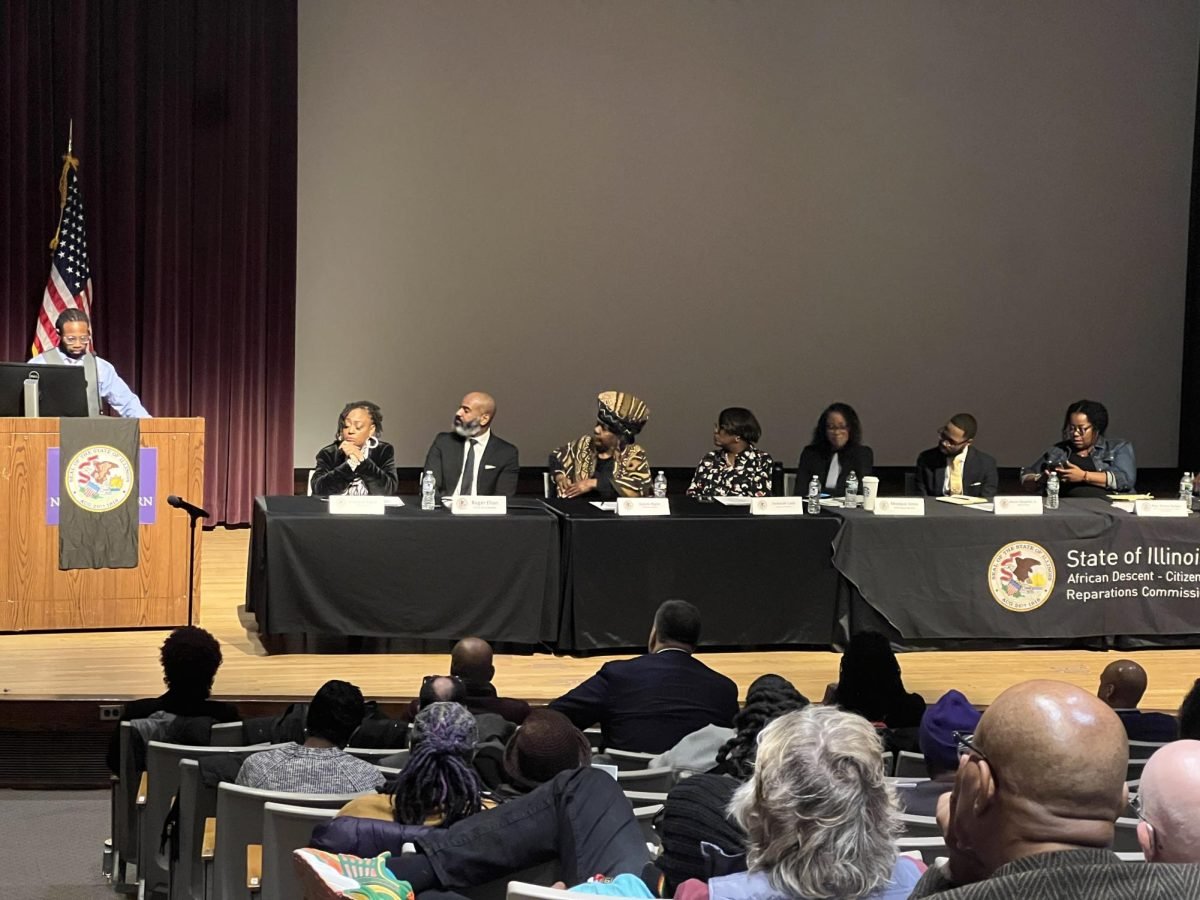Casey Bloys (Weinberg ’93), CEO and chairman of HBO and Max Content, offered his vision for the future of the entertainment industry at the School of Communication’s “Dialogue with the Dean” Thursday night.
Communication Dean E. Patrick Johnson moderated the Q&A session with Bloys.
Bloys stepped into his role as president of HBO programming in 2016 and currently oversees HBO and Max originals. In 2022 alone, Bloys’ programming received 38 Emmy awards, more than any other streaming platform or network.
Johnson kicked off the dialogue by asking about the “elephant in the room” — recent writers strikes in Hollywood.
From May to September, the Writers Guild of America, which represents more than 11,000 screenwriters, went on strike over a labor dispute with the Alliance of Motion Picture and Television Producers. WGA and AMPTP came to a tentative agreement on Sept. 27.
“Everybody seemed happy with the result,” Bloys said. “Writers seemed happy with some important protections for them. I would say the whole town is kind of holding its breath and hopeful.”
Bloys said the strikes are symptomatic of a larger issue in the entertainment industry. Historically, the industry has been a wholesale business, Bloys said, meaning HBO would make shows and sell them to cable operators like Comcast. Netflix upended that system by not only producing content but also distributing it.
Bloys compared the switch to the advent of Uber, which largely upended the taxi industry and the driver medallion system.
“Between the economics of moving from cable to streaming and the marketplace dynamics of the shows, it’s really squeezed everybody,” said Bloys. “Technology comes in, and it can be good for the consumer, but it really abandons the business — and that’s what we’re in the middle of now in the entertainment industry. Just because the strike was settled doesn’t mean that the business is settled.”
When Bloys was growing up, he relied on cable television to watch his favorite shows, including “Happy Days,” “Family Ties” and “I Dream of Jeannie.”
Johnson asked Bloys to reflect on how his identity played a role in his career. Both Johnson and Bloys grew up in small industrial towns, are the youngest of their families and identify as gay.
“Being gay in the ’70s and coming of age in the ’80s in a town like Bethlehem, it does give you more drive to get out,” Bloys said. “I was not an athlete, I was not super smart, but I had to work really hard, and I think it gives you the motivation to kind of get out (and) prove yourself, and it gives you drive. I don’t know that if I were straight that I would have had the same need or drive to succeed and prove myself.”
Bloys studied economics at Northwestern — a skillset he said comes in handy as CEO. 50 percent of his career is creative, and the other 50 business, he said.
Communication sophomore Sydney Fener said as a radio, television and film major and fan of HBO shows, she enjoyed hearing from Bloys.
“I’m from L.A., and my dad’s a writer, so these conversations are ones we have at home all the time,” said Fener. “As someone who is interested in learning more about the business side of the entertainment industry, I definitely make it my goal to get in there and learn as much as I can in a hands-on environment.”
Johnson said the dialogue talks were launched in 2020 to engage thought leaders in conversations about social justice, politics, media, communication and culture.
“We’ve featured scholars within race, ethnicity and class, artists telling forgotten or untold stories, boundary-pushing comedians and entertainers, and now this year, big figures changing media and communication,” Johnson said.
The next “Dialogue with the Dean” will occur in February 2024 and feature Jonathan Capehart of MSNBC.
Email: noracollins2025@u.northwestern.edu
Twitter: @noracollins02
Related Stories:
— School of Communication hosts Dialogue with the Dean featuring actress Heather Headley
— Tony Award-winning Communication professor emeritus Frank Galati dies at age 79
— Jeri Ward to step down as NU chief marketing and communications officer
